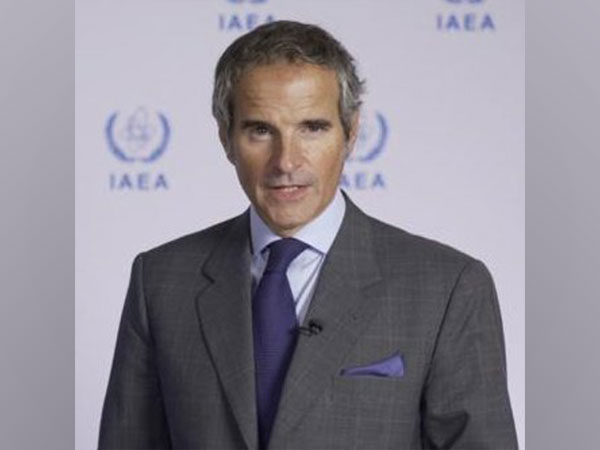Rafael Grossi's Diplomatic Mission: Iran's Atomic Impasse
Rafael Grossi, head of the U.N. nuclear watchdog, plans to visit Iran to discuss its nuclear program, hoping for cooperative dialogue with U.S. President-elect Donald Trump. Challenges include Iran's expanded nuclear activity since the 2015 deal collapse, geopolitical tensions, and potential U.S. sanctions reinstatements.

Rafael Grossi, the chief of the U.N. nuclear watchdog, announced on Wednesday his intention to visit Iran soon, aiming to discuss the ongoing disputes surrounding its nuclear program. This development coincides with U.S. President-elect Donald Trump's term, as Grossi hopes to navigate strained relations between Iran, the International Atomic Energy Agency, and Western powers.
The visit seeks to address persistent issues, including the exclusion of uranium-enrichment experts from IAEA inspections and unexplained uranium traces in Iran. Since the abandonment of a 2015 nuclear deal by former President Trump, Iran has accelerated its nuclear activities, raising alarm about potential weapon development.
Amidst escalating geopolitical tensions, especially following Hamas' attacks from Gaza, the prospect of renewed talks remains uncertain. Tehran's increased support for Russia, along with regional conflicts involving Israel, complicates diplomatic efforts. Concerns linger over how a potential Trump administration might handle sanctions and regional alliances.
(With inputs from agencies.)










